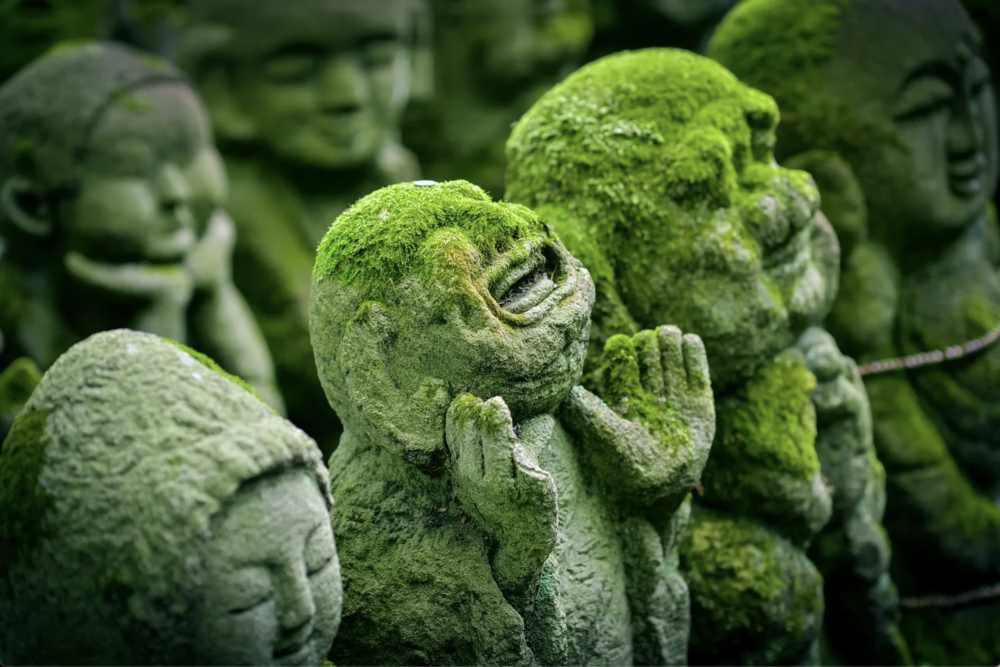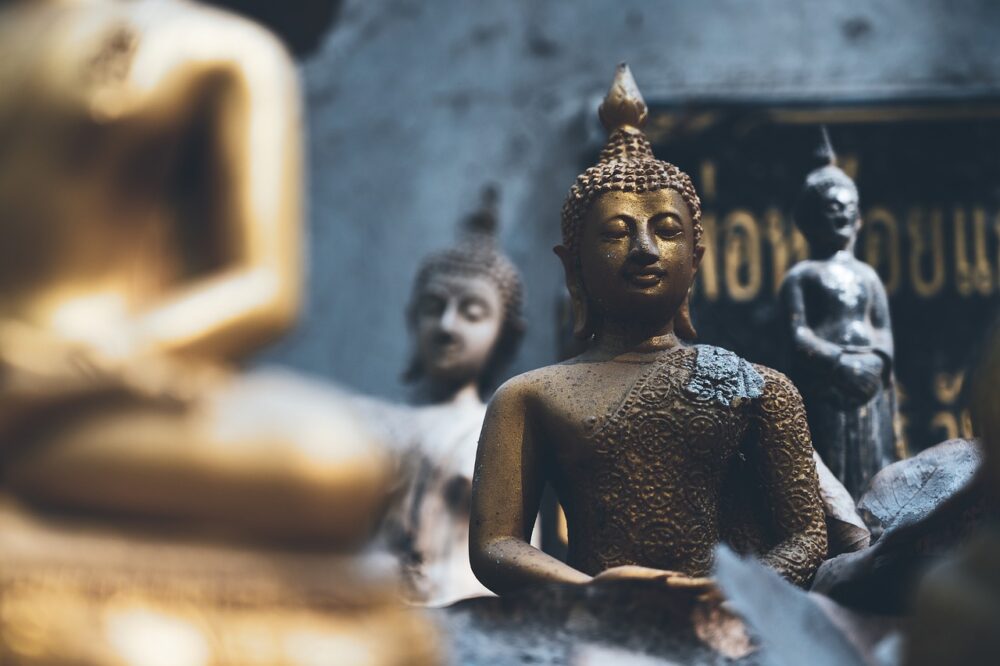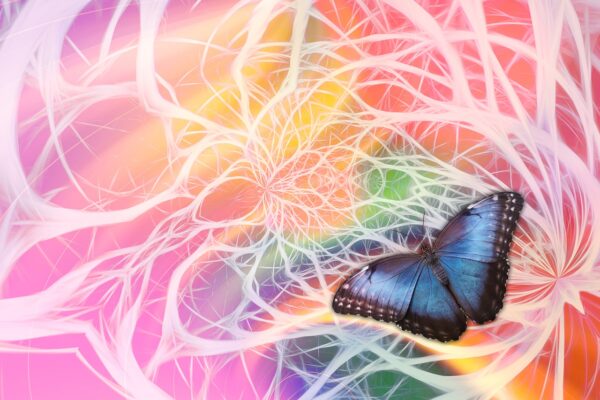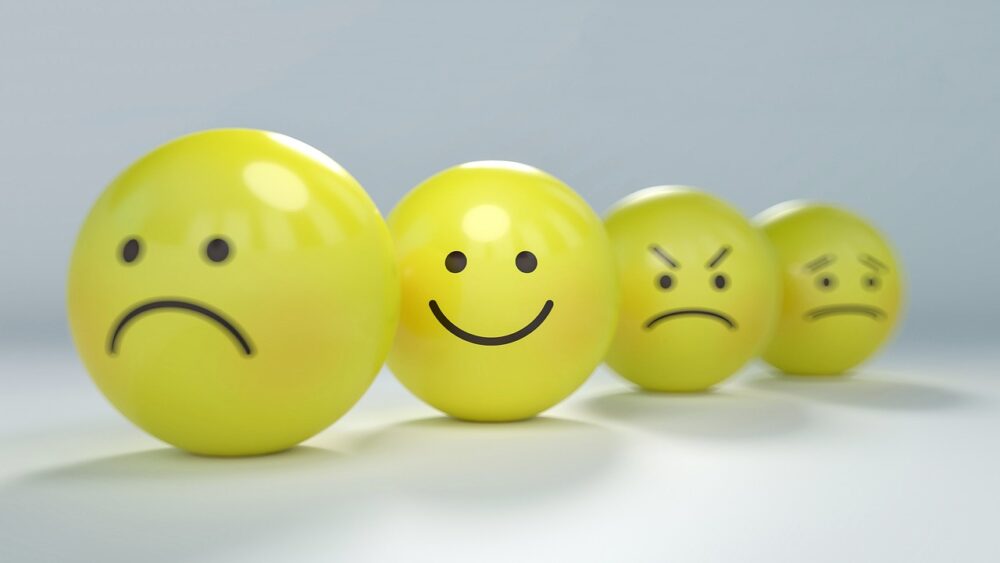
The Call
As we enter adulthood, in contrast to our childhood formation, we find that it is largely conscious. We will have to want to develop further, whether spiritually or become more emotionally intelligent, or it may not happen at all. For many, this further development may never occur as they remain in dependency and powerlessness and never break free from their initial programmed instinctual patterns hence refusing the initiation, also known in mythology as the refusal of the call. Refusing the call leads this brief adventure of a human experience into its negative. One loses the power of significant affirmative action and becomes a victim to be saved. We often encounter people searching for meaning in their life but perhaps never find it. Refusing the call means living a meaningless life, and even though one may build a house, the walls are made to hide oneself from their own Minotaur. All one can do is create new problems and await the gradual approach of disintegration.
This reminds me of when I first heard the call to personal power and healing. I have to admit that it wasn’t the first time I heard the call, and it was rather unconscious of me not to answer it. There truly was a lack of understanding and clarity on my part, and not only unconscious fear and unwillingness regarding the call. We can’t deny that we are not surrounded by spiritual mentors or gurus or a higher form of guidance unless we seek it. And when we do, very often, we’re left to follow in someone else’s footsteps and end up feeling more confused than before. Culturally, we have to make sense of this entire journey on our own. Yes, we may stumble upon a book here and there, but when you are the main character in the story, smack dab in the heart of trials and initiations, it’s hard to detach and obtain a bird’s eye view and make sense of what is really going on.

Initiation
We must acknowledge that we usually identify with our caretakers and their values, the way they treat and love us about our worth and value as human beings. During our childhood formation and perhaps even later, we take on their attitudes toward us. Abuse makes us feel unlovable, and feeling defective can only add to our shame. We become an object to ourselves, even an object of contempt. Unlovable, we are no longer in touch with our divinity, dignity, or validity as human beings. Convinced that the fault lies in some intrinsic flaw to which we are blind and helpless, we abandon ourselves. The truth is without the relationship to the self, reflective consciousness is impossible.
Answering the call and accepting the initiation attributes to this relationship to the self, where reflective consciousness is possible. Whether god or goddess, man or woman, the hero discovers and assimilates their opposite (their own unsuspected self) either by swallowing it or being swallowed. For instance, the oldest recorded account of the passage through the gates of metamorphosis is the Sumerian myth of the goddess Innana’s descent to the nether world. When we look at the myth of goddess Innana and her initiation into the underworld, Innana, and Ereshkigal, the two sisters, light and dark respectively, together, represent the one goddess in two aspects. Their confrontation epitomizes the whole sense of initiation, where one must put aside their pride, bow, surrender, and submit to the absolutely intolerable. Then one finds that their opposite is no different but one flesh.

Self-Knowledge
When I look back at my own experience, answering the call and accepting the initiation was simply a journey of personal power, healing, and self-gnosis. It’s a journey where we are called to enter the depths of our being, in both mind and heart, so that we become aware of what is holding us back from acknowledging and tapping into our innate power by letting go of any self-limiting concepts and ideas. We’re all born with so much more potential than we realize. By accepting our initiation into the underworld, or the subconscious, where things lie hidden from the light of consciousness, we come to know ourselves. We come to know both the intolerable and all those parts of ourselves we don’t want to see from ego, our limited and partial understanding of who we are.
In many ways, self-understanding and acceptance, the bond we form with ourselves, is the most crucial spiritual challenge we face. The truth is that if we don’t learn to love ourselves, we won’t be able to make healthy decisions for ourselves. We’ll give our personal power away to impress someone or weaken ourselves for a sense of security, and that’s because most people are not born with healthy self-esteem but must develop it in the process of living.

